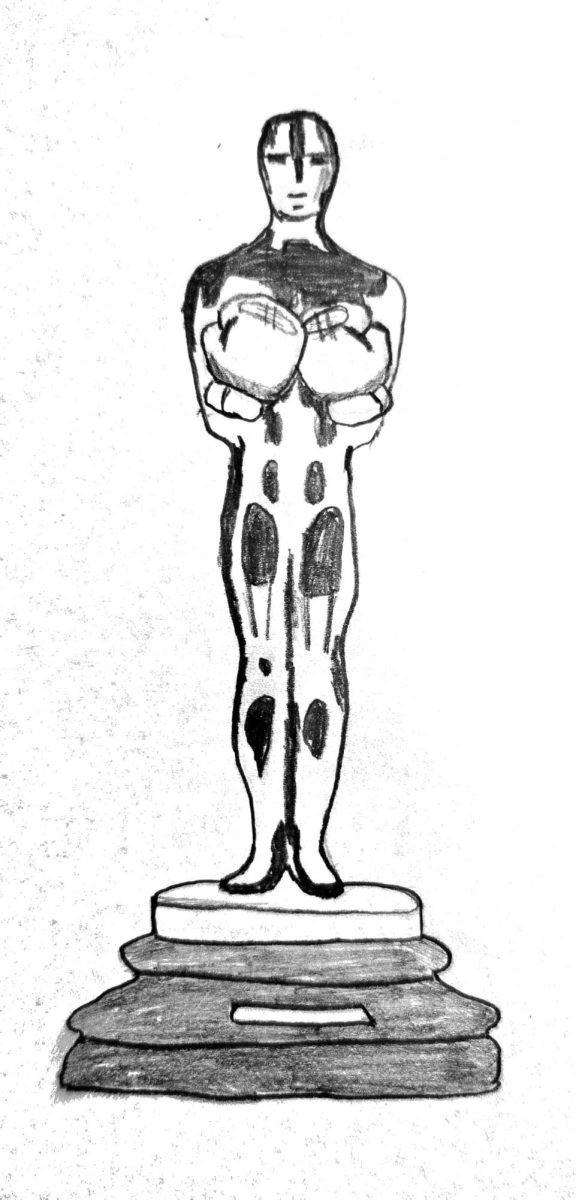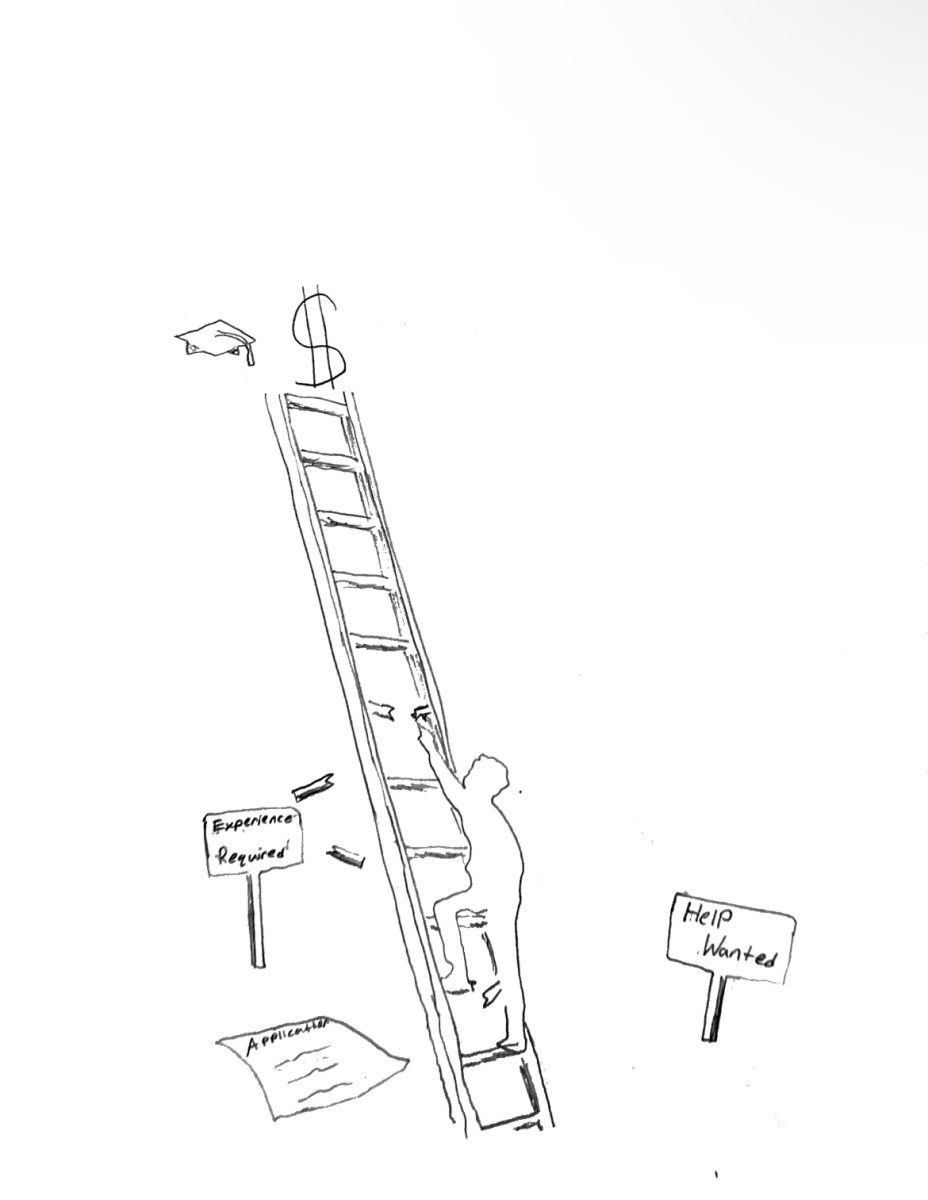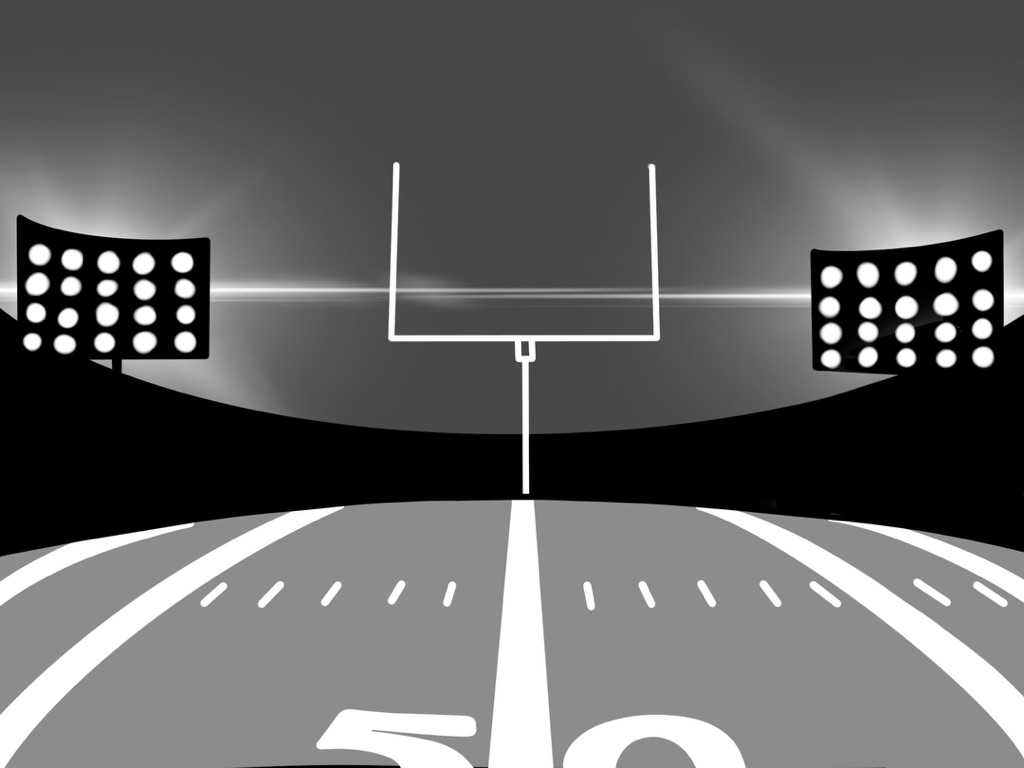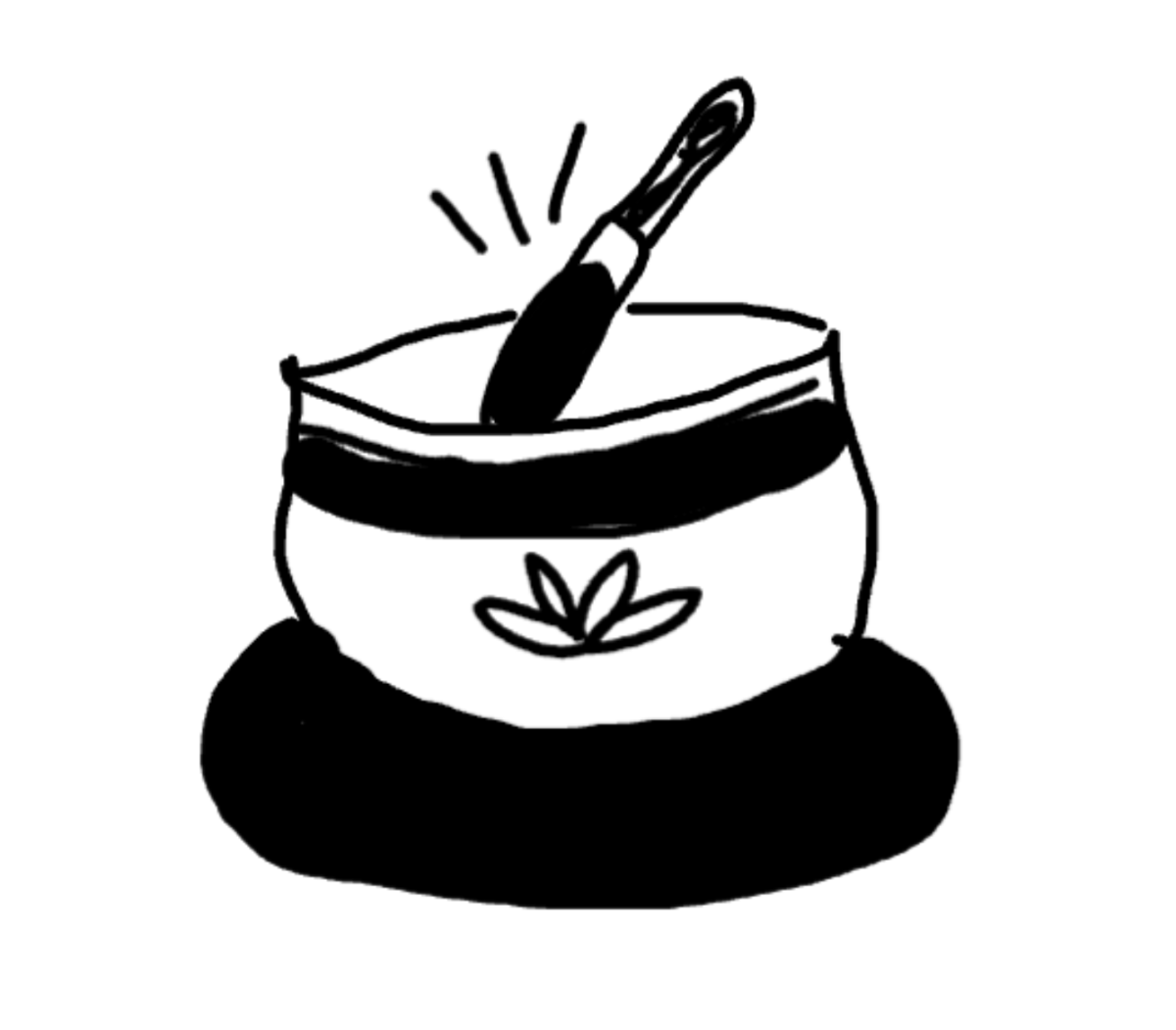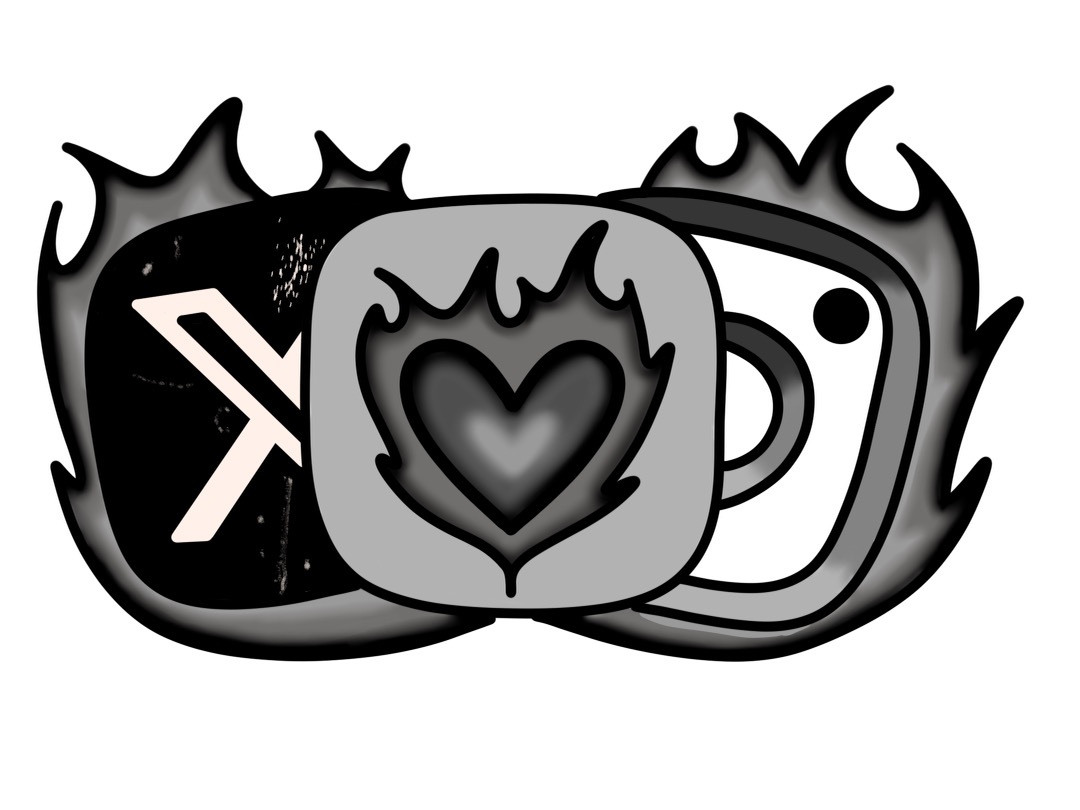On the 14th, writer for Huffington Post Katherine Bindley reports “Religion Among Americans Hits Low Point, As More People Say They Have No Religious Affiliation” and that people with no religious affiliations have increased by 20% since the 1990’s”
When I was in 5th grade, my best friend brought me to her church with her. God, she told me, was our savior, and created us. God, I said, didn’t exist. And although she couldn’t prove that He did exist, she felt I was mistaken and told me to pray with her. As we sat in a corner of the massive church surrounded by stale air and stained glass, I held my hands together and closed my eyes waiting for something to happen.
In reality, I’ve always thought life was kind of like the scenic route between the maternity ward and the crematory – or at least that’s what I was taught growing up. And even then, you couldn’t believe in both science and religion could you? Not at the same time. I imagined you’d have to separate your mind into two compartments, one adhering to science, and the other completely isolated from it for religion because the two constantly contradicted each other. More so, the only class where I got the benefit of learning about any sort of religions was in history class where, my teacher rightfully said to me that “history was a fallacy”. So did that speak for religion?
As someone who attends public school and always has, I’ve had to take a science class year after year– never a class on religion besides brief chapters on it in my textbooks. In short, I based my knowledge of religion solely off of conversations with others. After all, if so many people continue to believe religion works, it was unlikely that all of them were wrong.
Once, when asked why she believed in God, my grandma told me that religion was a reason to live. It quenches our constant search for meaning in everything. People, as it turns out, need a reason to live. Why, I asked, did they need to be given a reason?
Nonetheless, I found fascination in religion. Everyone, I found, religious or not wanted to be “saved” in one way or another. Whether that meant feeling free, finding meaning in life, or finding someone that cared; everyone needed saving.
However, I also found that the constant need for saving led to dependence. In a simplified light it seems that people who are religious cling to God. Those who don’t – people who don’t believe in God – are people who cling to something else – the government, sex, money, power. Regardless of what kind of hierarchy we let rule us, we need to hold on to something, or at least that’s what society has led us to believe.
That, I think, is why it’s so beautiful to not abide by any religion whatsoever– rather, to have a religion of no religion. I don’t have to rely on anything to give me something I could very well give myself and that’s saved me.



